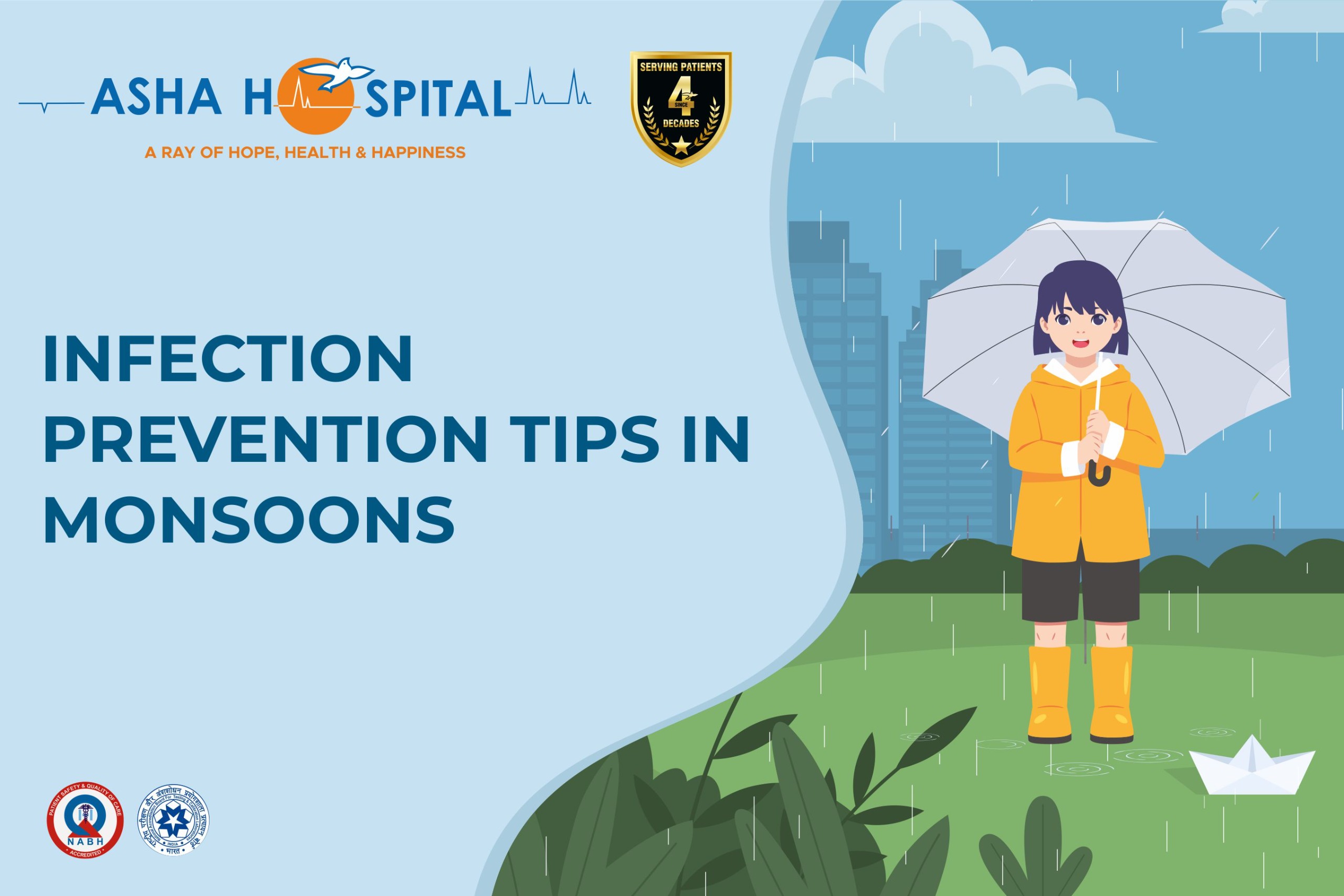1. Practice Good Hygiene
- Handwashing: Wash your hands frequently with soap and water, especially before eating, after using the restroom, and after coming home from outside.
- Hand Sanitizer: Use an alcohol-based hand sanitizer when soap and water are not available.
2. Avoid Contaminated Water
- Safe Drinking Water: Drink water from reliable sources. If unsure, boil or use water purification tablets.
- Avoid Floodwater: Steer clear of floodwater, which can be contaminated with pathogens.
3. Keep Food Safe
- Proper Storage: Store food in airtight containers to prevent contamination.
- Cook Thoroughly: Ensure that all food is cooked thoroughly and avoid consuming raw or undercooked items.
- Clean Produce: Wash fruits and vegetables thoroughly before consumption.
4. Prevent Mosquito Bites
- Use Repellents: Apply insect repellent with DEET on exposed skin and clothing.
- Mosquito Nets: Use mosquito nets or screens on windows and doors to keep mosquitoes out.
- Eliminate Stagnant Water: Empty or cover containers that collect water around your home to prevent mosquito breeding.
5. Monitor Health
- Stay Informed: Keep an eye on local health advisories for updates on outbreaks or disease risks during the monsoon season.
- Seek Medical Attention: Consult a healthcare provider if you experience symptoms such as persistent cough, fever, or diarrhea, which could indicate an infection.
6. Vaccinations
- Stay Updated: Ensure that vaccinations are up-to-date, particularly for diseases prevalent in your area.
7. Safe Outdoor Practices
- Avoid Pools and Ponds: Avoid swimming in contaminated or stagnant water bodies.
- Protect Wounds: Keep any cuts or wounds clean and covered to avoid infections.
